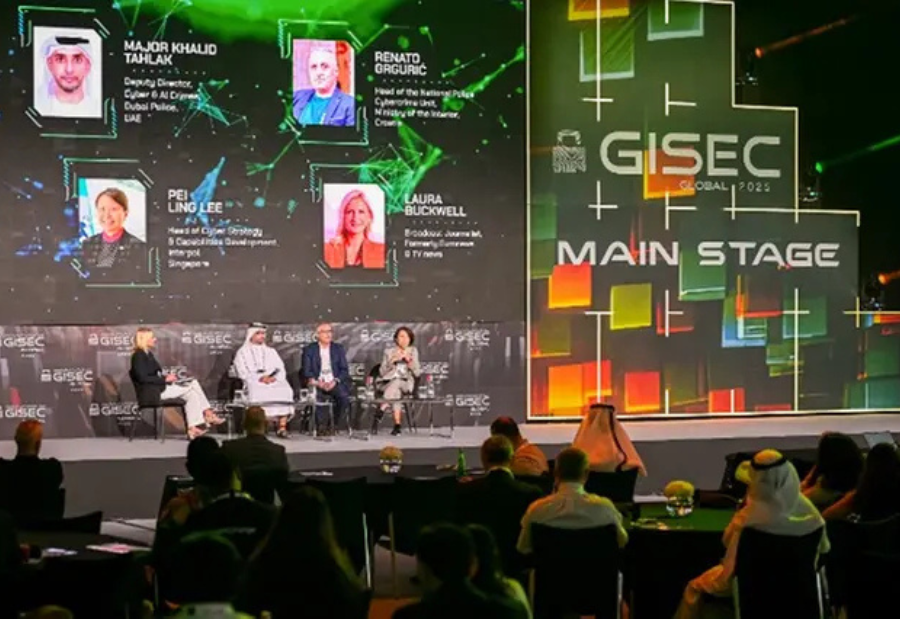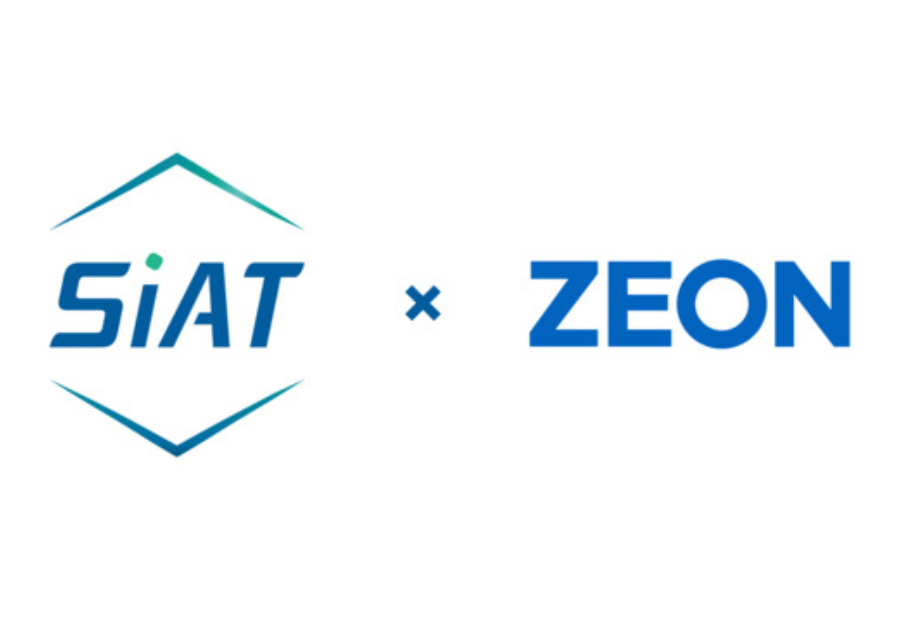The concept of Global Capability Centers (GCCs) has changed dramatically in the last several years. Originally thought of as economical back-office activities, GCCs have developed into strategic centers that propel creativity, adaptability, and international decision-making. In the digital world, these centers—which are mostly established by multinational corporations to manage tasks like IT, engineering, R&D, analytics, and customer experience—are essential. They now play a crucial role in determining the future of enterprises globally, especially in nations like India, and are not simply about execution. More than 1.4 million professionals are employed in India by more than 1,580 GCCs, which are essential to the global business strategy since they promote efficiency and growth in a variety of industries.
How has the role of GCCs changed?
The GCCs are playing an increasingly important role as 2025 draws near, and their development is changing how emerging economies handle personnel management and career advancement. Volume-based procedures are giving way to high-value, digitally savvy positions, which is indicative of the increasing need for knowledge in domains like cloud computing, artificial intelligence, cybersecurity, and environmental, social, and governance. In addition to changing the operating environment of the GCCs, these developments are laying the groundwork for future leadership, growth, and talent acquisition.
In India and other rising economies, this transformation changes career paths and rewrites the laws of people management. From being known as cost-effective back offices, the Global Capability Centers (GCCs) have transformed into innovation powerhouses in recent years.
The focus on size and transactional efficiency in earlier GCCs has gradually begun to fade in the latest phase of expansion, which is driven by expertise rather than volume. Companies are changing their dynamics toward high-value, digitally skilled employment in the current, rapidly changing digital context, which reflects global competition. The future of the GCC is being built on variety and agility, with cloud computing, artificial intelligence, cybersecurity, and environmental sustainability emerging as the most sought-after fields.
The rise of hybrid skill sets and leadership potential
Due to shifting market conditions, GCC companies are employing people with a variety of skill sets. This method blends soft skills like communication, critical thinking, and international cooperation with functional competence. These days, recruiting entails not just determining the best technical match but also identifying potential leaders who can advance with the company.
Instead of only delivering, professionals in the GCC are increasingly contributing to global decision-making, which advances them up the value chain. Career routes with worldwide visibility become quicker and more significant as a result.
Commenting on GCC hiring, Rajesh Bharatiya, CEO, Peoplefy said, “To thrive in the evolving GCC landscape, professionals must blend digital expertise, across AI, cloud, and cybersecurity with soft skills like adaptability, strategic thinking and cross-cultural collaboration. It’s no longer about doing the job, but about leading transformation. More than that, career growth today means becoming a problem-solver, a communicator and a global contributor all at once.”
New hybrid normal and tier 2 expansion
Many GCC countries are growing into Tier 2 cities like Jaipur, Coimbatore, and Vishakhapatnam in order to access the new talent pools. As alternative centers, these cities are becoming more well-known. At the same time, thanks to flexible work arrangements and digital infrastructure, these cities are becoming into hubs for next-generation IT talent.
Meanwhile, hybrid work patterns are already commonplace. Employee retention and satisfaction are being driven by schedule and location flexibility. Furthermore, by attracting diverse talent such as women, mid-career professionals, and recent returns to the workforce, this change is creating opportunities for more inclusive hiring.
“Hybrid work models and the rise of Tier-2 talent hubs are strategic levers for growth. By tapping into new geographies, GCCs are creating more inclusive, dynamic ecosystems for diverse talent to thrive and lead,” he added.
ESG and DE&I initiatives
Along with digital transformation, GCC countries are integrating DE&I (Diversity, Equity, and Inclusion) and ESG programs into their talent strategy. The recruiting procedures are then being redesigned in accordance with sustainability regulations and a dedication to creating an ethical and inclusive company. Team culture, performance indicators, and leadership pipelines are all greatly impacted by the focus.
Looking ahead
GCCs will remain a global growth engine in the digitally-led future, but the emphasis will be on empowering talent and changing the way everything is done. As a consequence, a value-oriented environment that further defines strategic success will be built via agility, ongoing learning, and the capacity to lead in a tech-driven setting. Professionals may create jobs that are not only competitive and internationally relevant, but also have a significant influence during this time of opportunity.
Also read: Viksit Workforce for a Viksit Bharat
Do Follow: The Mainstream formerly known as CIO News LinkedIn Account | The Mainstream formerly known as CIO News Facebook | The Mainstream formerly known as CIO News Youtube | The Mainstream formerly known as CIO News Twitter |The Mainstream formerly known as CIO News Whatsapp Channel | The Mainstream formerly known as CIO News Instagram
About us:
The Mainstream formerly known as CIO News is a premier platform dedicated to delivering latest news, updates, and insights from the tech industry. With its strong foundation of intellectual property and thought leadership, the platform is well-positioned to stay ahead of the curve and lead conversations about how technology shapes our world. From its early days as CIO News to its rebranding as The Mainstream on November 28, 2024, it has been expanding its global reach, targeting key markets in the Middle East & Africa, ASEAN, the USA, and the UK. The Mainstream is a vision to put technology at the center of every conversation, inspiring professionals and organizations to embrace the future of tech.




